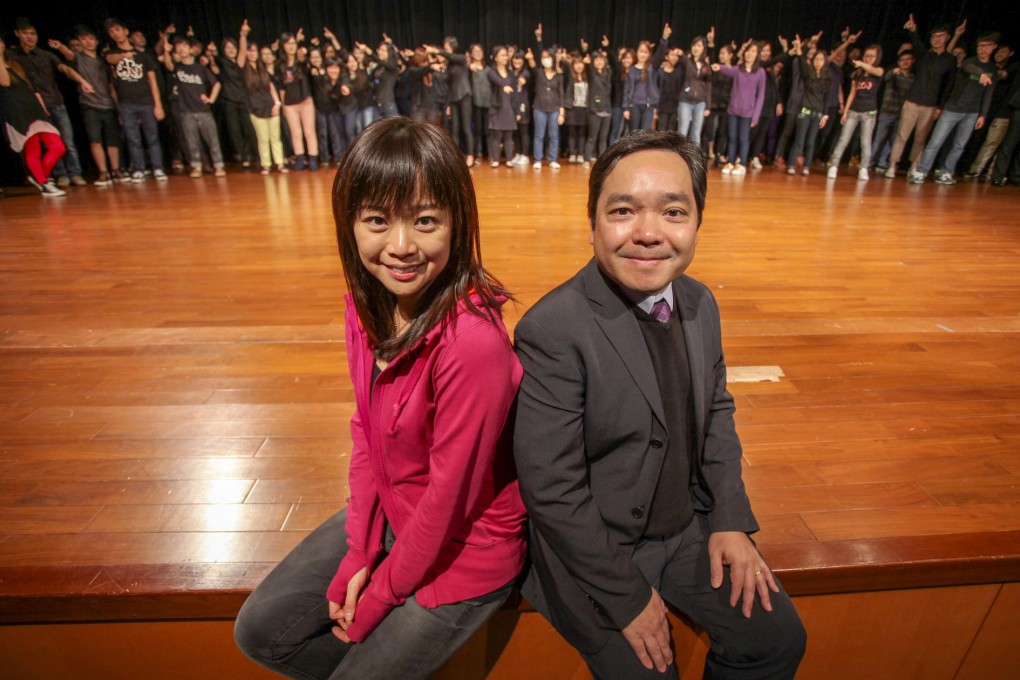HK Institute of Education pushing to be named a fully fledged university
Marking its 20th year, the HKIEd has come a long way from its teacher-training roots, and is pushing to be named a fully fledged university, writes Linda Yeung

For the 20th anniversary of the Hong Kong Institute of Education, about 200 of its students sang lines from Andrew Lloyd Webber musicals at a gala concert last week replete with choreographed sequences and performances by the school's artists in residence.
To those who know the HKIEd only as a teacher-training college, the scenes might have been surprising. But it underlines the rapidly evolving nature of the institute. For one, HKIEd now boasts a cultural and creative arts department (launched in 2011 as part of moves to make it a multidisciplinary school), whose students led the charge at the concert.
I had diverse learning experiences … I feel at home at the institute
And this month, the institute's first batch of doctoral students graduated.
This would have been unthinkable more than a decade ago. In the late 2000s, the government asked the institute to diversify its programmes as a condition for gaining a university title - a long-held goal.
Apart from cultural and creative arts, HKIEd launched music education programmes, language studies as well as global and environmental studies - the latter two of which have just produced their first graduates.
The recent gala concert's director, Bobo Lo Po-yan, is a doctoral candidate in the creative arts department. She gained her undergraduate degree from HKIEd in 2008, pursued her master's at Chinese University and then returned to the institute for her PhD.